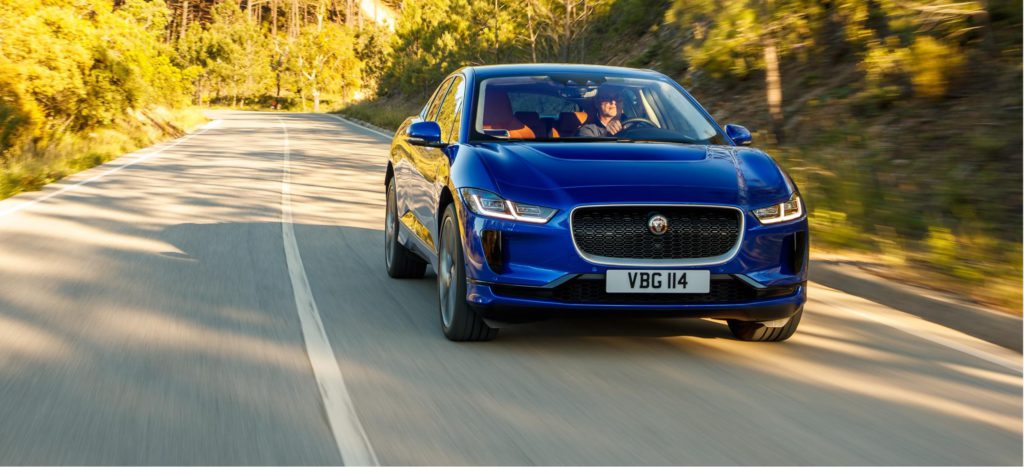Jaguar delivers EVs to German taxi operators as profits fall
01 August 2018

1 August 2018
Jaguar is taking aim at the German taxi market dominated by Mercedes-Benz as it delivers ten I-Pace models to operators in Munich.
Currently, Daimler’s brand accounts for around 60% of the taxi fleet in the country, with many drivers choosing the E-Class sedan model. However, in a bid to outmanoeuvre the German manufacturer and establish a market for electric taxis, Jaguar has delivered its EV model to the city’s biggest operator.
′We want to invite people in Munich to drive electric, but also drive Jaguar,’ Jaguar Land Rover’s CEO Ralf Speth said in an interview. ′One of the reasons we wanted to be here was the mixed traffic. You’ve got the city traffic, while on the other hand, you’ve got the autobahn to the airport.’
The vehicles feature a driving range of 298 miles and will form a part of Munich’s push to reduce air pollution. Those using the taxi fleet will also benefit from a cheaper rate, with a 20% per kilometre subsidy from the municipality.
German cities are looking for ways to improve air quality and avoid driving bans on diesel vehicles, which have already been implemented in Hamburg and will be introduced in Stuttgart in early 2019. Dusseldorf too is investigating driving bans in a bid to lower air pollution.
Much of the country’s taxi fleet is diesel-based. However, with Daimler’s EQ range expected in 2019, in order to begin improvements by bringing in electric vehicles, operators are having to look elsewhere to modernise. Jaguar hopes that by introducing the I-Pace, it can show that the model is a good zero-emission alternative to the E-Class.
Profit woes
Jaguar’s plans for expanding into the German taxi market comes as the company posted a quarterly loss, due in part to higher incentives in China, the diesel slump in Europe and continued Brexit worries.
The company has reported a loss of £210 million (€236 million) in Q2.
In China, JLR offered higher incentives ahead of a reduction in import duties on vehicles to 10% from 25% on July 1. Planned dealer stock reduction in other markets also weighed on its business, the company said. That resulted in a 6.7% drop in quarterly revenue.
Demand in Europe, one of JLR’s key markets, waned amid uncertainty over diesel vehicles. The carmaker was impacted ′negatively by uncertainty over diesels in Europe along with Brexit and additional diesel taxes in the UK,’ Speth said.
The company posted higher sales of its new Jaguar E-Pace compact SUV and the Range Rover Velar, helping offset a drop in deliveries of models such as the Land Rover Discovery Sport.
JLR is counting on demand for its new models and an increase in sales in China to help it rebound. ′We expect sales and financial results to improve over the remainder of the financial year, driven by continued ramp-up of new models, most recently the electric Jaguar I-Pace, and with the new lower duties effective in China,’ Speth said.